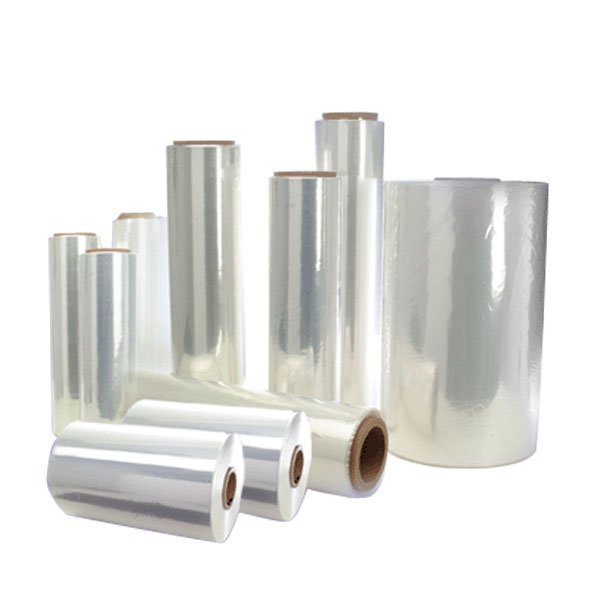TREES: An original Renewable Resource
The packaging and paper industry claims that because their business depends on the sustainability of forests they operate in a way that actually supports, enhances, and fosters forest growth.
But, maybe you’ve also heard that it’s best to “go paperless” because using paper depletes the world’s forests. So which is it? Let’s take a look at the FACTS.
As we order more online, get more delivered to our homes in corrugated cardboard boxes, you might ask yourself, “what does this mean for the future of our world’s forests?”
We’re glad you asked. The production and use of forest products–which includes corrugated boxes, nearly any kind of paper, and even some fibers used to make some hygiene products–doesn’t necessarily lead to less forest. In fact, demand for forest products can actually lead to more forestland. High demand leads to a need for more responsibly grown trees and managed acres of forestland. And that means more landowners are keeping their land forested—rather than selling it for development and other non-forest uses.
a glimpse into today’s forests:
A forest is one of nature’s most powerful systems to capture carbon dioxide, purify water and create diverse plant and animal habitats.
Companies like International Paper, which depend on thriving forests, are on the front line of contributing to healthy forest ecosystems in both working and non-working forests.
There are places in the world where forests are threatened, and deforestation from agriculture and development is devastating ecosystems, but there are also places–and especially those in the United States–where forests are thriving because of careful stewardship. Companies that manufacture forest products can be a powerful force for preventing deforestation and keeping forests healthy because their business and livelihood depend so heavily on them.
International Paper works with others–from small family farmers to global environmental organizations–to sustain forestlands through management, conservation, and restoration.
Management
The fiber used to make our products comes from forests harvested sustainably and replanted over and over with careful attention paid to maintaining a healthy forest ecosystem.
More than 90% of International Paper’s fiber supply in the United States comes from privately-owned forests, many of which are small and family-owned–and many of which are in the South.
Forestry is the largest industry in our home state, Alabama. In fact, Alabama has +/- 23 million acres of timberland ranking it third in the contiguous U.S., behind only Georgia and Oregon.
We tell you this because buying paper and packaging from us, is like buying local because it supports thousands of jobs and billions in revenue in Alabama and neighboring states in the communities we serve.
Conservation
Ensuring Forests Stays Forested
International Paper has worked with a wide-range of stakeholders–private landowners, government agencies and conservation groups–to develop science-based conservation programs to keep more than 600,000 acres of Southern pine, oak, bottomland hardwoods and woodlands healthy and intact.
In fact, their joint conservation efforts are bringing some of the natural habitats for quail and other flora and fauna not seen wild in our forests for generations.
Restoration
Since 2013, with the help of International Paper’s partnership with Forestland Stewards, more than 600,000 acres of forest ecosystems have been planted or enhanced. Also, more than 500 miles of stream habitat have been improved as a result of these efforts.
All information sourced from International Paper Company, 2021 and The Alabama Forestry Commission, 2021.
























